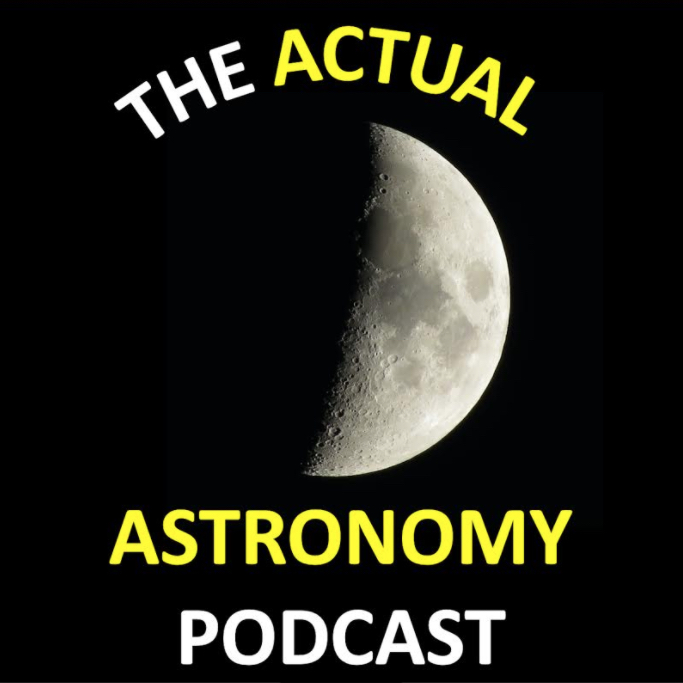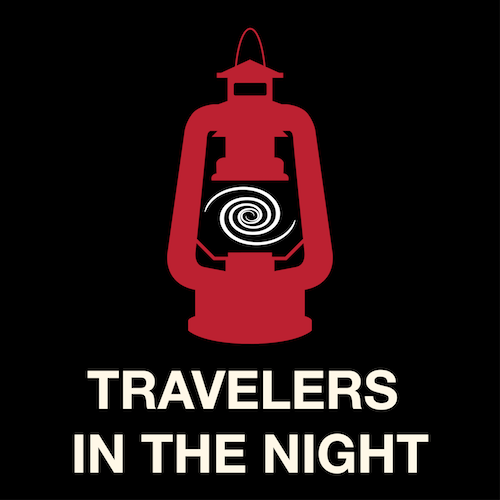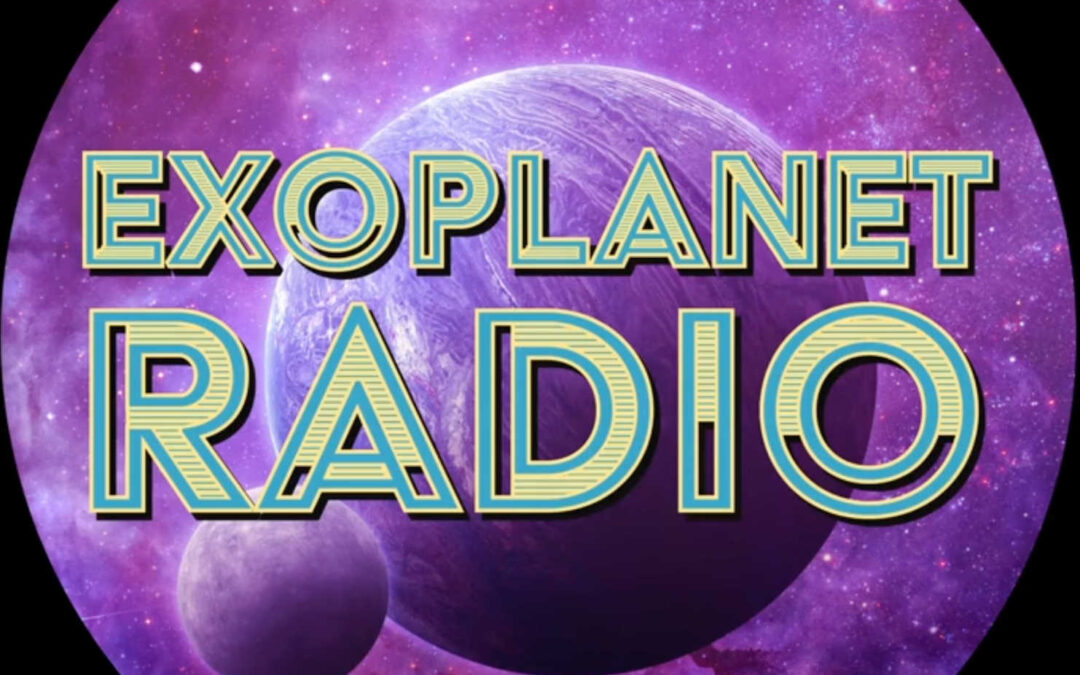New images taken with the ALMA Observatory show a young proto-stellar disk with the rings and gaps of planetary formation growing together, once again challenging our preconceptions


New images taken with the ALMA Observatory show a young proto-stellar disk with the rings and gaps of planetary formation growing together, once again challenging our preconceptions

Join us today as we look at how citizen science helped discover 100 cool worlds nearby and examine evidence contributed to a mass extinction


Planets don’t just pop out of nowhere, fully formed and ready for astronomers to study. But question pop up: What did our Solar System look like as a baby?

Researchers have determined how to effectively measure the magnetic fields at Neptune to determine if any of the moons are ocean worlds…

The Actual Astronomy Podcast presents The Observer’s Calendar for July 2025. In this episode we talk about how to see Mercury, the Moon as it pairs with Spica, Antares, Saturn, Jupiter, several carbon stars and some deep sky objects like M6&M7.

What would happen if a large impactor hit our oceans? And more about the protoplanetary disk around HD 163296

The fact that we’ve found a habitable planet candidate so soon after starting our search has important implications. More on today’s podcast

Lets take a closer look at the search for a possible planet in our outer solar system & also aurorae here, Jupiter, & Neptune

Taking a look at the last 40 years we went from knowing of the handful of planets in solar system to knowing of around 5,000 planets littering the galaxy.